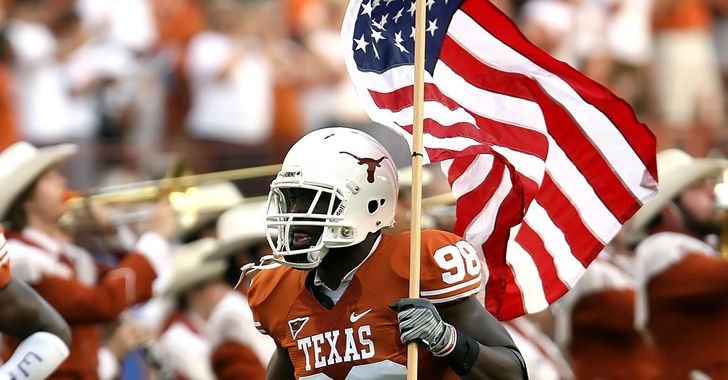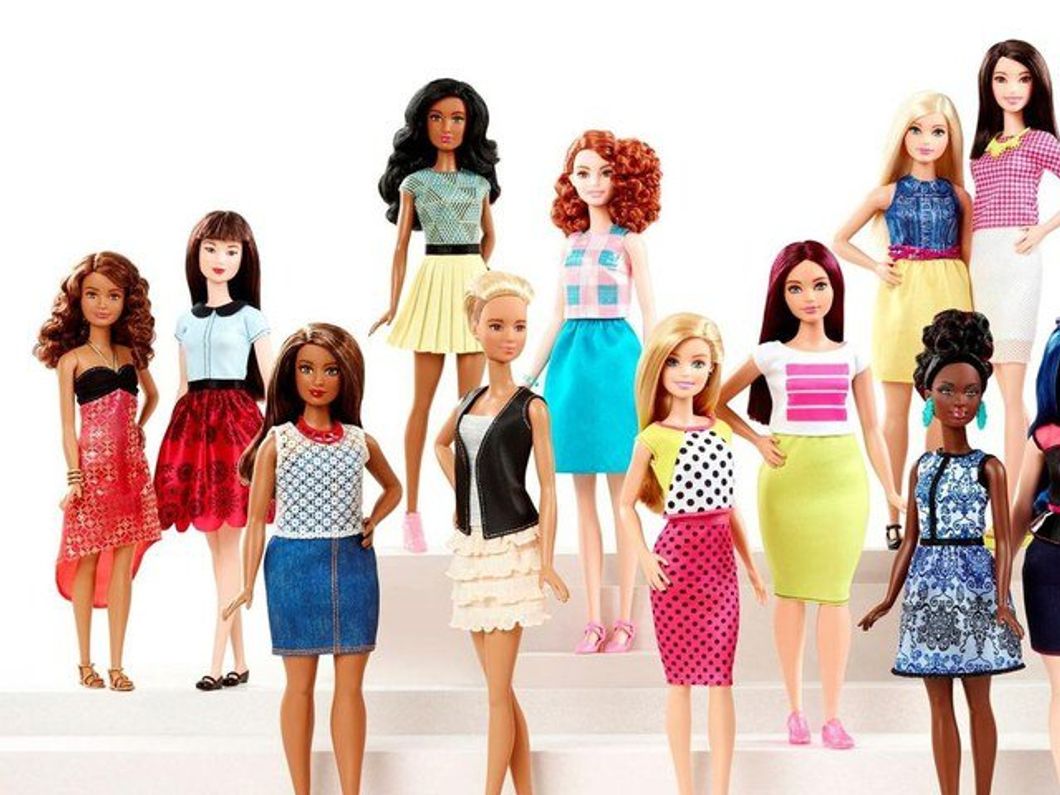Though I've never been personally affected by the injustices of the criminal justice system, I empathize with those who have been abused, hear their stories and do what I can to help. When I saw the trailer for the recently released film "Just Mercy," the story captivated me immediately.
I've heard of wrongfully convicted stories before, but this one was just on a different level. Before seeing the trailer for the film, I hadn't heard of Bryan Stevenson or Walter McMillian aka "Johnny D." And after seeing this truly remarkable and impactful true story brought onto the big screen, the only thing I could think of was... why not? Why haven't I heard about this before? Why isn't this taught in schools, written in more than just court case history textbooks? Because Bryan Stevenson is the hero we need and deserve.
The true story of Walter McMillian is a harrowing one — he was an innocent black man, sentenced to death by a judge even though the jury had decided otherwise. His conviction was based on faulty witness testimony against him, sometimes obtained through bribes and deals with law enforcement, to pin McMillian for the murder of a teenage white girl. Not only did this show the corruption of the law enforcement in that town in Alabama, but the lengths they were willing to go to keep black people enslaved and to keep themselves in power. Their position on the police force and as attorneys for the town supported this, and made them believe that this was an open and shut case.
That is until Bryan Stevenson came along.
A Harvard grad, he moved to Alabama to begin his career of helping the poor and marginalized who were imprisoned on death row, to possibly have another chance at life. Some did do the crime they were convicted of — Herbert Richardson was one of them. However, because his time serving in the Vietnam War, he developed an untreated case of PTSD, which influenced the crime he was convicted for. He needed intense treatment and care which he never got after he came home from the war. His condition worsened and manifested inside of him until the day he was executed. Stevenson tried to overturn his sentence but was unsuccessful.
The death scene of Herbert Richardson was truly the most horrific scene I've seen in a movie. It was more terrifying because it actually happened. A mentally ill man was literally murdered, in front of those who are supposed to protect and serve the public, who promise justice — but for who? Not for those mentally ill. Or poor, without family, like Herbert was. He needed to be in a hospital, a care facility where his condition should have been treated. Not locked up in a prison cell, constantly beating himself up for what he did due to his severely addled mental state.
I cried, watching that scene. It almost made me forget that I was watching a well-acted reenactment of the execution, that Michael B. Jordan's tears were a part of a script, but for Stevenson himself, I can't even imagine how horrifying that must've been for him to watch. Yet, it only made his resolve stronger. We need more people like Bryan Stevenson in the world, those who are willing to do whatever it takes to fight for justice. Stevenson did doubt himself a lot, in fact after gathering all the evidence he could to exonerate Walter McMillian and get him the retrial he rightfully deserved, his initial attempt failed in the Alabama courts. This made him question everything he had done up until that point. And for Walter and his family, it was reliving the same nightmare.
But he kept on fighting.
He took it to the airwaves on a "60 Minutes" special.
Then he took it to the supreme court, who couldn't deny the evidence.
Throughout the whole process, Stevenson had to talk to many people who opposed him or who had worked against him and were roadblocks to him reaching the truth. The man who gave the false testimony that put McMillian behind bars, Ralph Murphy, was the biggest factor in whether or not he would get a retrial. When Stevenson visited him, he wasn't harsh and demanding to get a confession out of him, he instead used his empathy for him as an individual who had been through his own traumas. Stevenson understood that Meyers had had his own reasons for doing what he did, and this got him to confess, not by force but by his own accord. That is true power.
All in all, Bryan Stevenson is truly a hero, and a hero's work is never done- he is still active in trying to bring justice to those on death row who are wrongly convicted or otherwise. His Equal Justice Initiative has been active since 1989 and is still thriving today. I still will never understand why Alabama kept reelecting the racist sheriff who did everything in his power to keep Walter McMillian behind bars — Alabama, on the whole, was pretty much a microcosm of racism and prejudice. But that never stopped Stevenson from fighting for justice, for mercy to those sentenced to die.
A human should never decide who lives or dies. And thanks to people like Bryan Stevenson, his partner Eva Ansley who also has amazing role in the mission of bringing justice to these individuals, and the Equal Justice Initiative, some people can escape that fate.

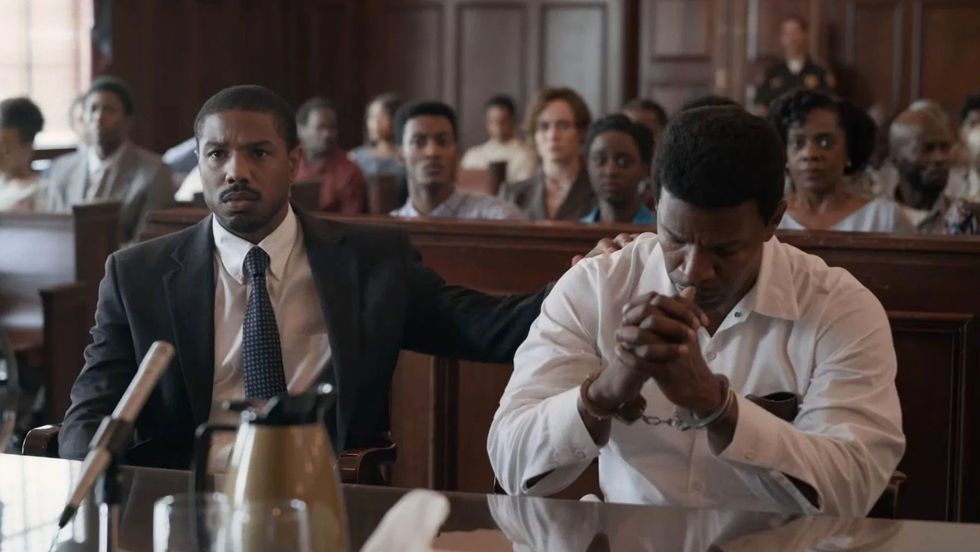

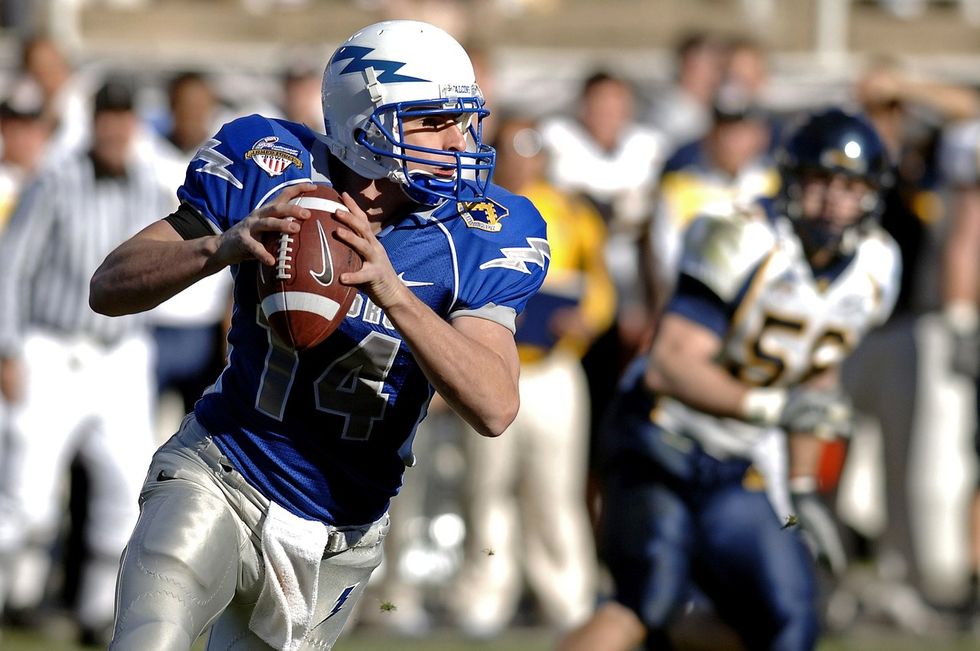
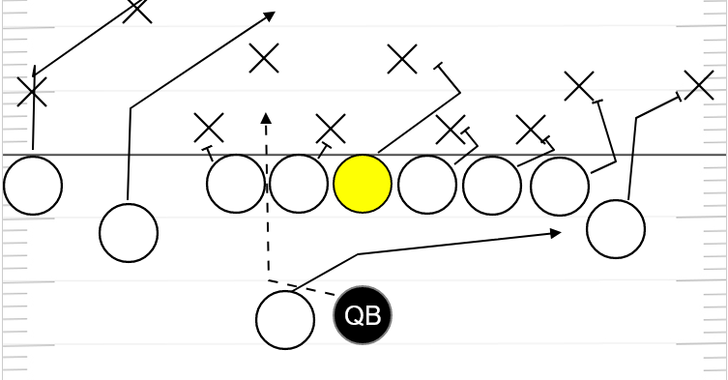

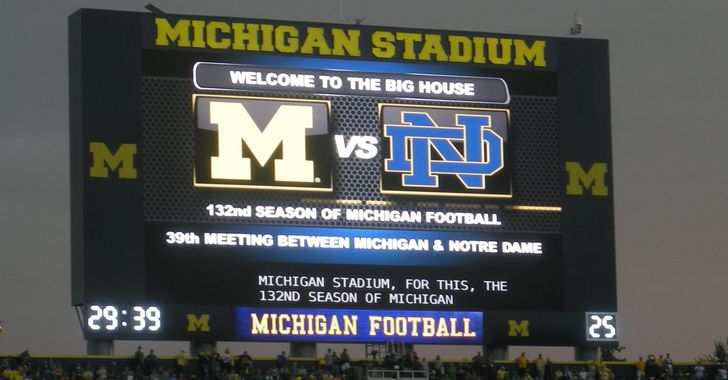
 Photo by
Photo by 